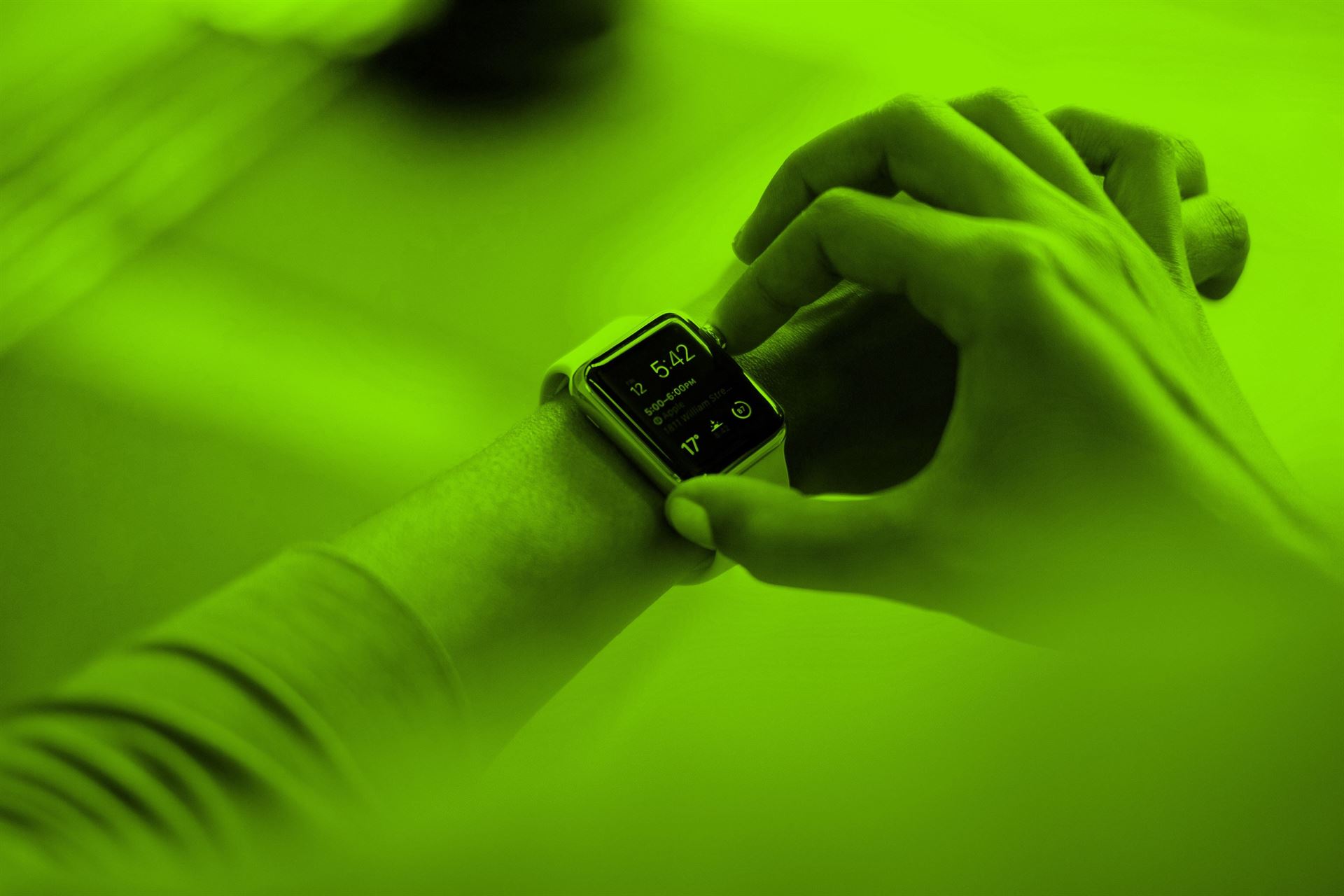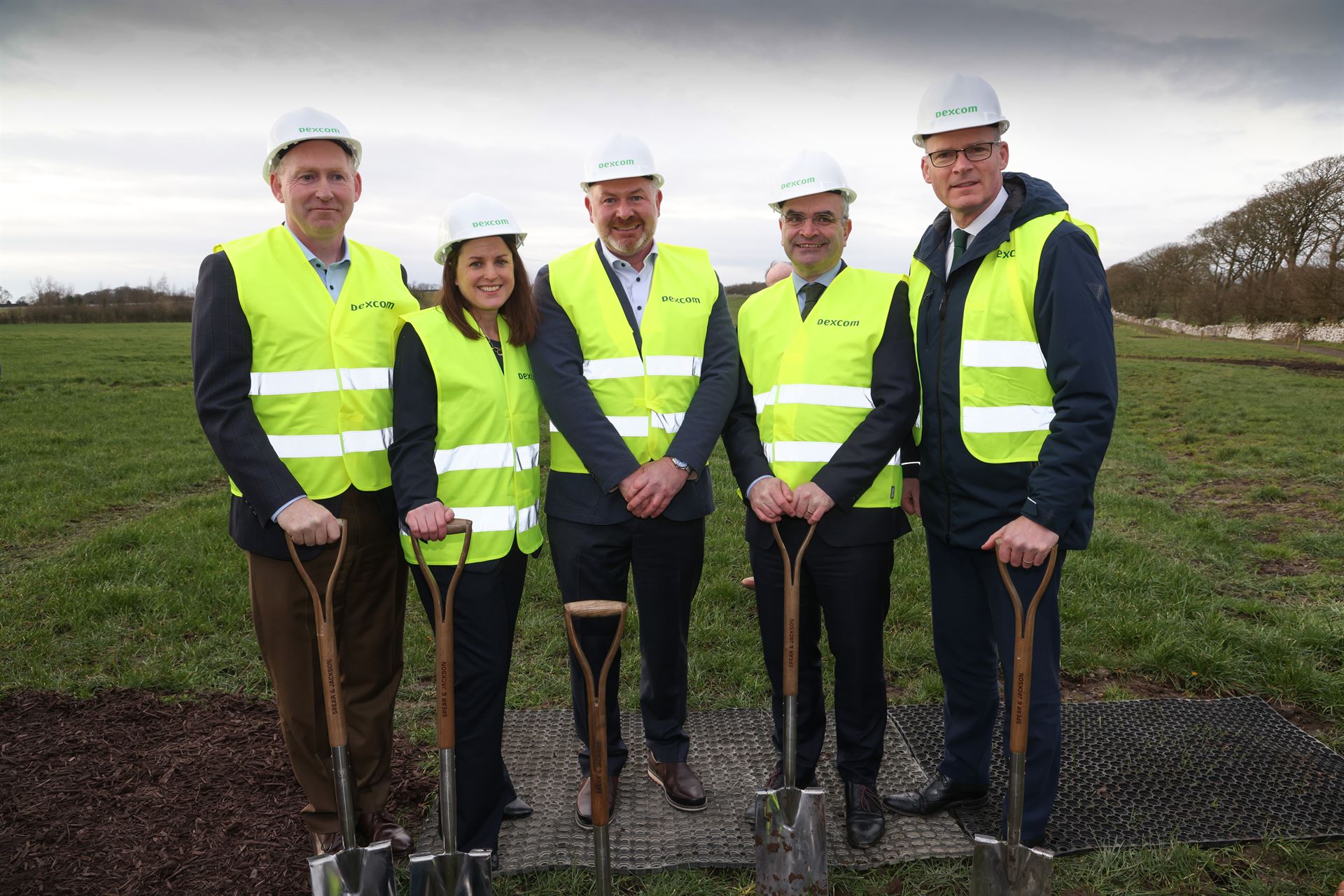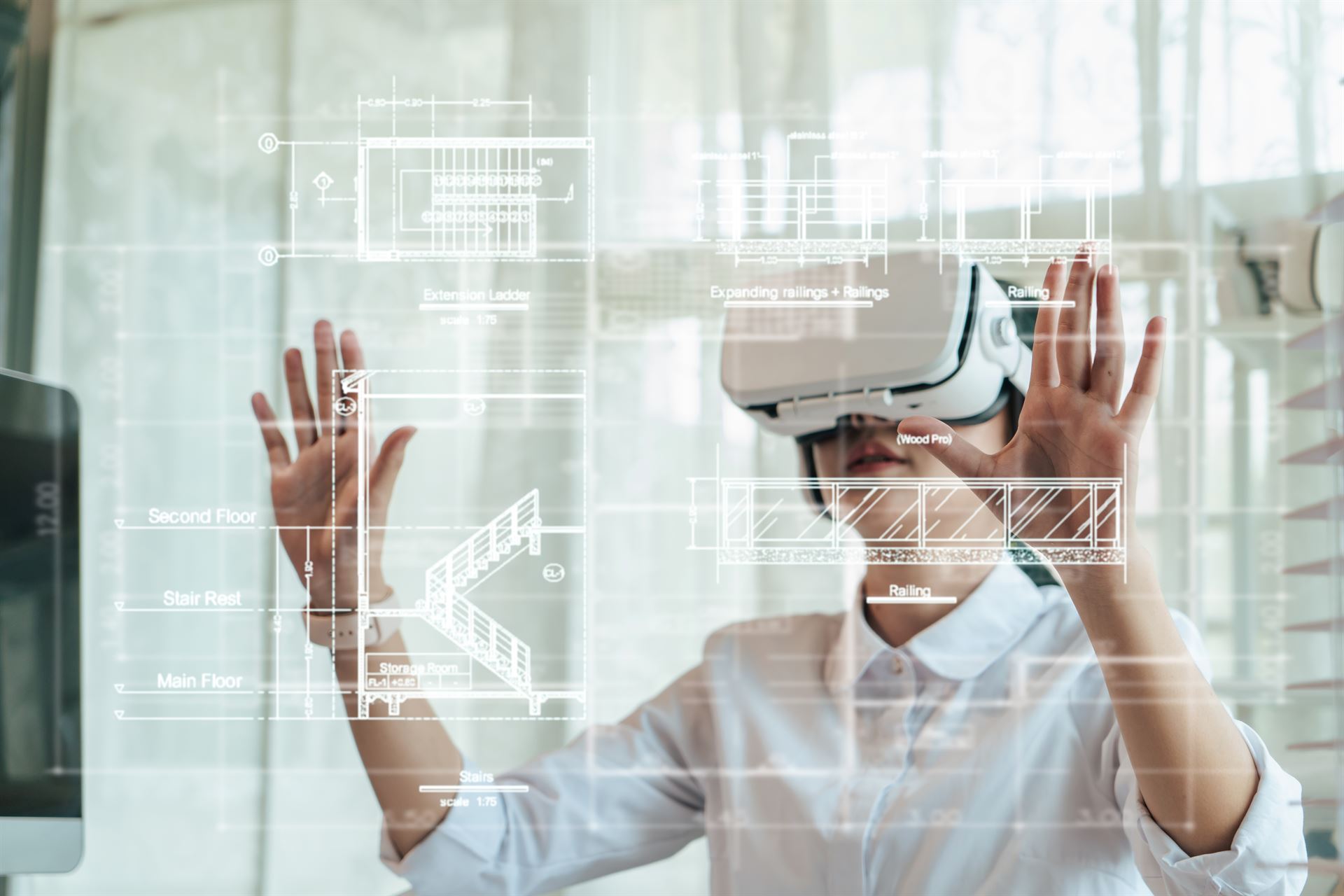These devices are not only enhancing daily life but also revolutionising healthcare and sports performance through the integration of AI. Today’s diverse product pipeline – from health trackers to performance-enhancement wrist bands – is being turbocharged by artificial intelligence (AI), thus the immerse of AI wearables.
The global wearable tech sector is projected to reach $186 billion by 2030, growing at a CAGR of 13.6% from 2025 to 2030, according to Grand View Research. This growth is fuelled by rising adoption in both sportstech and medtech sectors, as well as increasing consumer openness to digital health tools. In fact, according to EY Ireland 2023 survey, around 70% of those surveyed in Ireland said they would be willing to use wearable devices to monitor and share their health data with doctors. In a world where more people are becoming health conscious, AI wearables help us to achieve our goals faster.
 AI wearables in Ireland: Key players
AI wearables in Ireland: Key players
WHOOP WHOOP, the US maker of popular screen-less fitness bands and backed by ace athletes like Cristiano Ronaldo, Rory Mcllroy and Michael Phelps, opened its Dublin office in 2021 and later expanded to Limerick. Founded in 2012, WHOOP offers an annual subscription for round-the-clock health monitoring through a fitness band it provides with the membership. It measures sleep, strain, recovery, stress, calories and gives insights that help wearers track and improve their health over time.
In 2023, WHOOP partnered with OpenAI to create a smart coaching application powered by GPT-4, the generative AI system from ChatGPT maker. It combines its own algorithms and unique biometric data collected by WHOOP bands to offer personalised fitness advice and recommendations within seconds.
Catapult
Catapult, an Australian sports-tech firm, specialises in providing data-driven insights to optimise athlete performance, avoid injury, and improve return to play. The company works with more than 4,000 elite teams, including in football and rugby. Its portfolio of products includes video analysis solution and GPS-enabled athlete monitoring vests that monitor athlete performance, workload, and physical metrics. Catapult has an office in Dundalk, Co Louth.
Meta AI Ray-Ban
Global tech giant Meta partnered with Ray-Ban’s parent company EssilorLuxottica to roll out its second-generation AI-powered smart glasses in 2023. These wearables enable users to perform a wide range of tasks hands-free using voice commands, including capturing photo and videos, making calls and listening to music.
Orreco
Based in Galway, Orreco combines data, biomarkers and AI in their wearable product to enhance athletic performance, reduce injury risks, and accelerate recovery. The sports data company’s team includes 18 PhDs and has published more than 300 peer-reviewed scientific papers. Its clients include top-tier athletes across NBA, NFL, English Premier League and F1. Its line-up of offerings includes a breakthrough female athlete program designed to help them train in sync with their menstrual cycle to sustain peak performance at the highest level.
Kitman Labs
Founded in 2012, Dublin-based sports tech firm Kitman Labs uses AI and data science to improve athletes’ health, welfare and performance. Its system collects and analyses data from wearables, GPS tracking and video footage to identify risk factors and provide personalised training and recovery programmes. Over 700 elite teams across the NFL, the English Premier League, La Liga, England’s Rugby Football Union and the Irish Rugby Football Union use the company’s tech platform.
Peri
A key innovator in AI wearables in healthcare, Dublin-headquartered Peri has developed a first-of-its kind AI-powered tracker designed for women to track perimenopause symptoms. Worn discreetly under the breast, the device not only provides data on their symptoms, lifestyle and sleep, but also delivers actionable insights to help better understand the changes a woman’s body is going through.
Dexcom
Dexcom, the US headquartered medical device maker known for its wearable glucose monitors, is building its first European manufacturing site in Galway’s Athenry. The €300 million investment will give a boost to the world-class MedTech cluster in Ireland. The state-of-the-art facility will produce millions of continuous glucose monitoring (CGM) sensors each year helping people with diabetes around the world. Last year, Dexcom announced an AI feature for its over-the-counter CGM biosensor, Stelo. These AI wearables give more personalised content based on glucose levels, activity and sleep.
 What makes Ireland top destination for AI wearable players
What makes Ireland top destination for AI wearable players
With over 40 AI-focused companies operating in Ireland, the country is firmly on the map as wearables AI innovators. Its strategic location within the EU gives firms full access to European markets while remaining close to the US, making Ireland uniquely positioned to lead in AI wearables. Home to 16 of the top 20 global tech companies, including Alphabet, Amazon, Apple, IBM and Microsoft, Ireland offers a range of compelling advantages such as a favourable tax environment, a skilled English-speaking workforce, R&D tax credits, and a robust regulatory framework. Its growing prominence in AI in research, supported by leading universities and innovation hubs, is making Ireland a strategic base for cutting-edge development in wearable tech and beyond.
Moreover, Ireland has the highest level of STEM (Science, Technology, Engineering, and Mathematics) graduates per capita in the EU among 20–29-year-olds.
The country also benefits from specialised innovation clusters in sectors like MedTech, SportsTech, and digital health, particularly in regions like Galway, Limerick, and Dublin, that enables collaboration between corporations and researchers.
Challenges for AI wearables industry
For AI wearable makers, complying with General Data Protection Regulation (GDPR) can be challenging. In most cases, such products trigger the application of the GDPR, regardless of whether they fall in scope of the medical device regime.This is because, according to law firm Mason Hayes & Curran, these devices collect, process, store and share a considerable amount of personal data, including sensitive information such as precise geolocation or health data.
Offering products or services to customers within the EU, manufacturers and developers need to ensure their products are compliant with an array of overlapping regulatory frameworks, including the EU Data Act and the AI Act.
 FAQs about AI Wearables
FAQs about AI Wearables
What are AI wearable devices? AI wearables are smart devices worn on the body that use AI to track and analyse data. They provide real-time insights into predominantly health and fitness.
What devices are using AI?
Devices like smartwatches, glucose monitors, and smart glasses use AI to predict user needs. Examples include Meta Ray-Ban glasses and Dexcom sensors.
Are AI wearables used in healthcare?
Yes, AI wearables are used to monitor health conditions, track symptoms, and support preventative healthcare. Devices like Dexcom’s glucose monitors are prime examples.